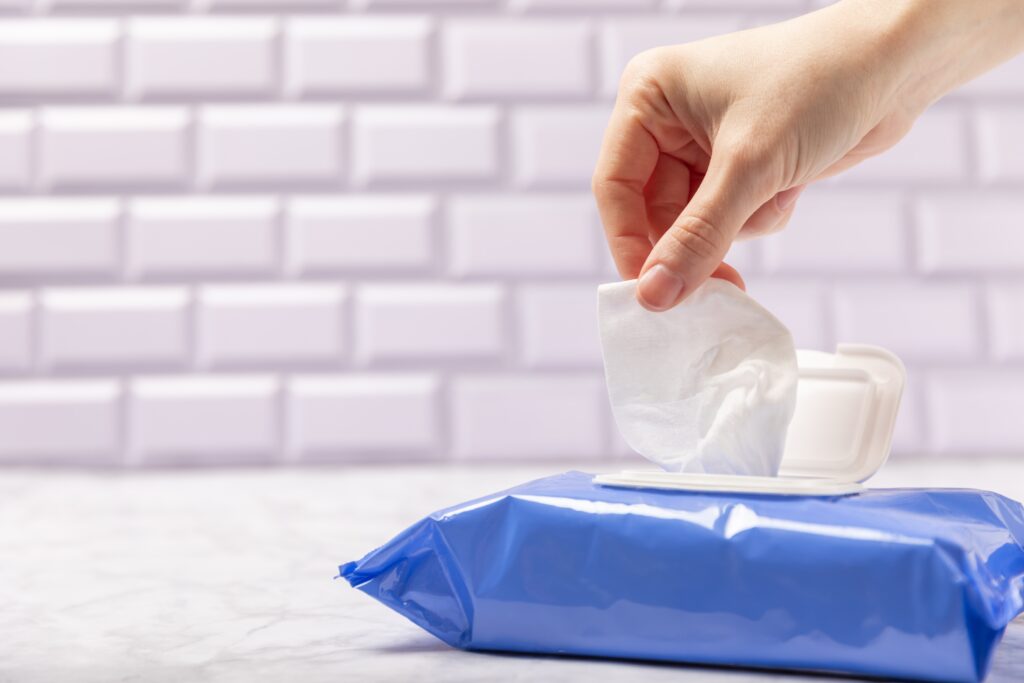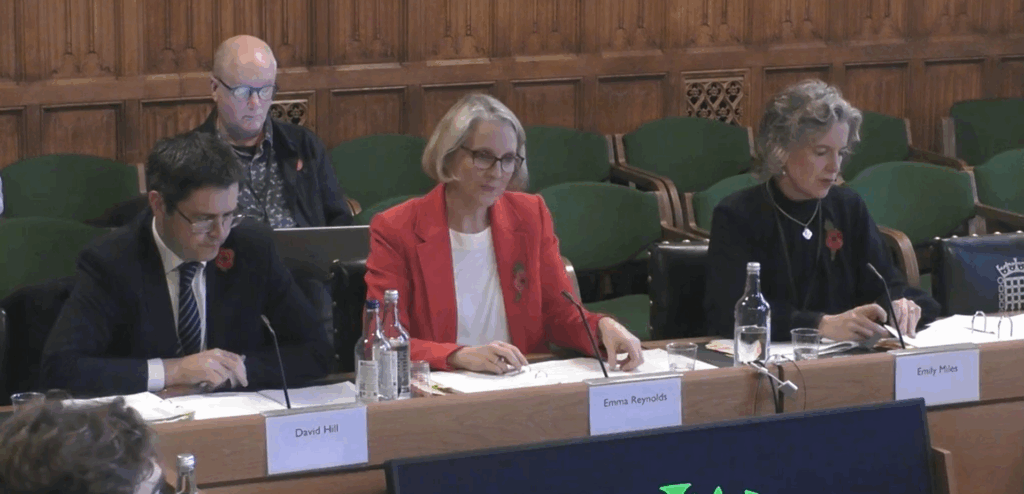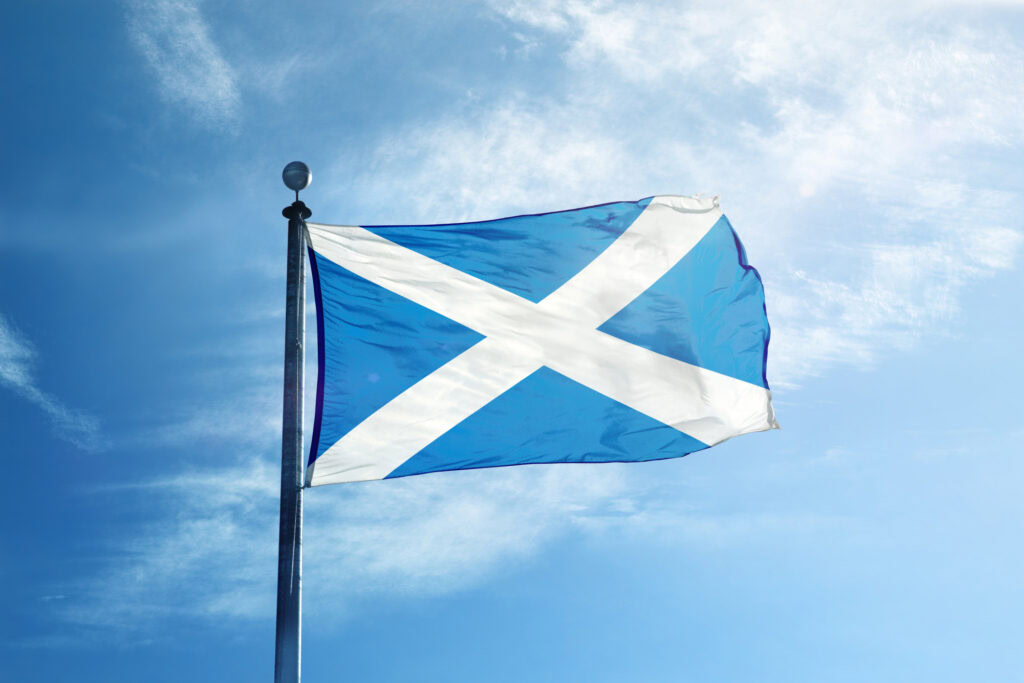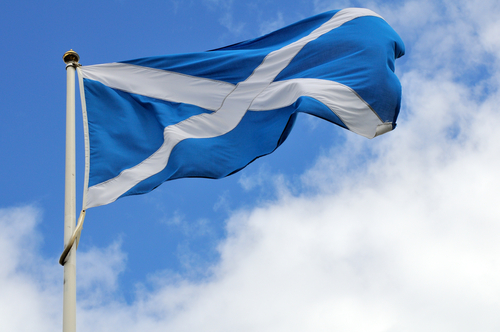The ban follows the publication of the draft Environmental Protection (Wet Wipes Containing Plastic) (England) Regulations 2025, which the government has now laid before Parliament.
The Statutory Instrument was considered by MPs in the House of Commons on 3 November 2025, before moving to the House of Lords on 10 November 2025.
This legislation built on a Private Members’ Bill introduced by Labour MP Fleur Anderson in November 2021, which first proposed a ban.
While this legislation will only apply to England, plastic-containing wet wipes will be banned across the UK.
‘End to plastic wet wipes that litter our beaches’
Anderson made an address at Prime Minister’s Questions this week, she said: “Four years ago I bought in a private members bill to ban the sale of wet wipes with plastic in. The last government dragged its feet.
“This government promised to bring in this ban and is doing so now.
“Will the Prime Minister join with me in celebrating a labour promise delivered and share the message that we should always bin wet wipes and other wipes, not flush them.”
Prime Minister Keir Starmer commended Anderson’s persistence and said: “Alongside tough new powers to combat pollution, this ban will put an end to plastic wet wipes that litter our beaches, clock up our sewers and harm wildlife.”
£200 fine levied against offenders
The Regulations will prohibit the sale and supply of wet wipes containing plastic fibres such as polyester and polypropylene.
These materials do not biodegrade and are responsible for persistent pollution in rivers, oceans and sewer systems.
The ban will aim to restrict the supply and sale of plastic-containing wet wipes, with exemptions for industrial and medical use.
Those who are caught selling plastic-containing wet wipes without a valid exemption will be subject to a £200 fine.
Following consultation with industry, the ban will not include the manufacture of these products, in line with other recent single-use plastic bans.
However, the governments of all four UK nations will continue to encourage manufacturers to move to a position where all their wet wipes are plastic free.
The consultation preceding the ban found 95% public support, sparking the government’s announcement last April that legislation would be brought forward.
11 billion wet wipes used each year
The UK uses an estimated 11 billion wet wipes each year, many of which contain plastics that break down into microplastics, causing long-term environmental damage.
Improperly disposed wipes, particularly those flushed down toilets, are a contributor to fatbergs, blockages and pollution in waterways.
Anderson commented: “Wet wipes may seem small, but their impact is massive. I’ve seen the damage first-hand at Beckton and Mogden, and on the Thames where ‘Wet Wipe Island’, 180 tonnes, the size of two tennis courts, literally shifted the river’s course.
“I’ve introduced bills in Parliament and campaigned with schools, residents and retailers, and with this ban, we can finally turn the tide.”
Several large retailers, including Boots and Tesco, have already eliminated plastic from their own-brand wet wipes, and the new ban will ensure all suppliers meet similar standards.
Sian Sutherland, Co-Founder of Plastic Health Council and A Plastic Planet, added: “Microplastics in wet wipes are easy to underestimate, but the £18 million spent yearly clearing wipes from our water systems is only the iceberg tip of the true cost.
“The real price is paid by our health services as microplastics and the thousands of chemicals seep into drinking water and contaminate our food.
“We need a clear sequence of bans on these needless single-use plastics that we can live without.
“We did it with plastic cotton buds, cutlery and wipes, now for the rest. This is the simplest win on the table. Give business certainty and they will innovate fast.”









Subscribe for free